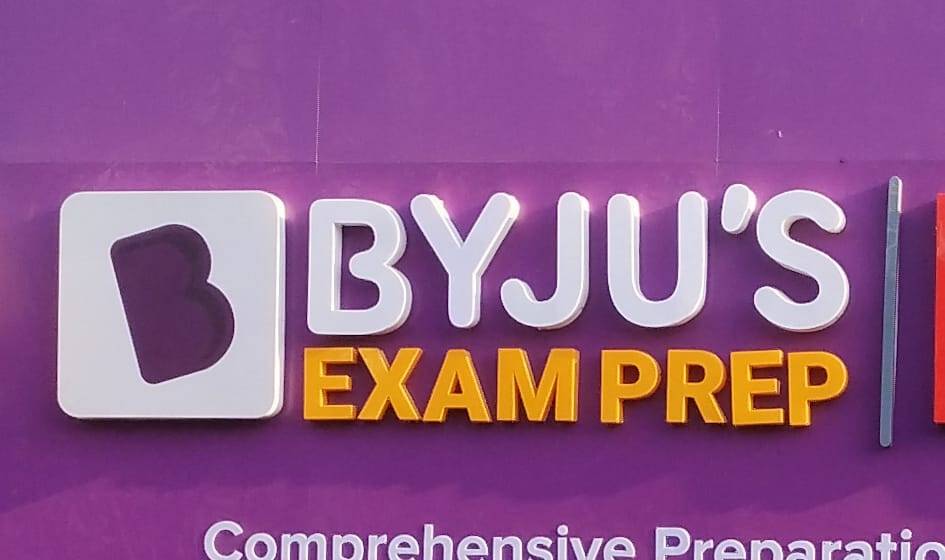The approval of the EGM proposals clears the hurdle for Byju’s to address the liquidity crunch, including unpaid salaries, regulatory dues and vendor payments…reports Asian Lite News
Edtech firm Byju’s on Monday said that its shareholders have approved the rights issue, paving the way for its parent company Think & Learn Private Limited to issue fresh shares and conclude the rights issue aimed at tackling the severe cash crunch as the company is struggling to pay its employees.
The company said the vote for an increase in authorised share capital put forth in the form of a postal ballot and the extraordinary general meeting (EGM) held on March 29, has been approved by a majority of 55 per cent of the total votes polled.
“The voting process, which included both the EGM and a postal ballot that concluded on April 6, has been duly scrutinised by an independent third party,” it said in a statement.
The approval of the EGM proposals clears the hurdle for Byju’s to address the liquidity crunch, including unpaid salaries, regulatory dues and vendor payments.
“We are grateful to our investors for their support and understanding during this pivotal phase. Their invaluable support in providing essential working capital underscores their collective commitment to our renewed growth push,” said Byju Raveendran, Founder and CEO of Byju’s.
“The shareholder approval marks a significant threshold in our relentless push to turn around the business beset with multiple challenges, which we are resolving one by one, slowly but surely,” he added.
The culmination of the rights issue will set the stage for the launch of Byju’s 3.0.
Earlier in the day, the company announced that Arjun Mohan, who was elevated as the embattled edtech firm’s CEO some seven months back, has moved on to pursue other opportunities.
Raveendran will now take a more hands-on approach in spearheading the daily operations of the company.
Mohan will be part of the edtech firm in an “external advisory role”.
The move is aimed at streamlining the operations and positioning the company for “long-term success”.
“Mohan has done an outstanding job steering Biju’s through a challenging period. We are grateful for his leadership and look forward to his continued contributions as a strategic advisor,” Raveendran said.
The company has now decided to consolidate its business into three “focused” divisions — The Learning App, Online Classes & Tuition Centres, and Test-prep.
Each of these units will have separate leaders who will independently run the businesses sustainably to ensure profitability, said the company.
“This reorganisation marks the start of BYJU’S 3.0 — a leaner and more agile organisation ready to quickly adapt to evolving market dynamics, especially in the realm of hyper-personalised education,” according to Raveendran.
ALSO READ: Byju’s Enters Cost-Cutting Mode












